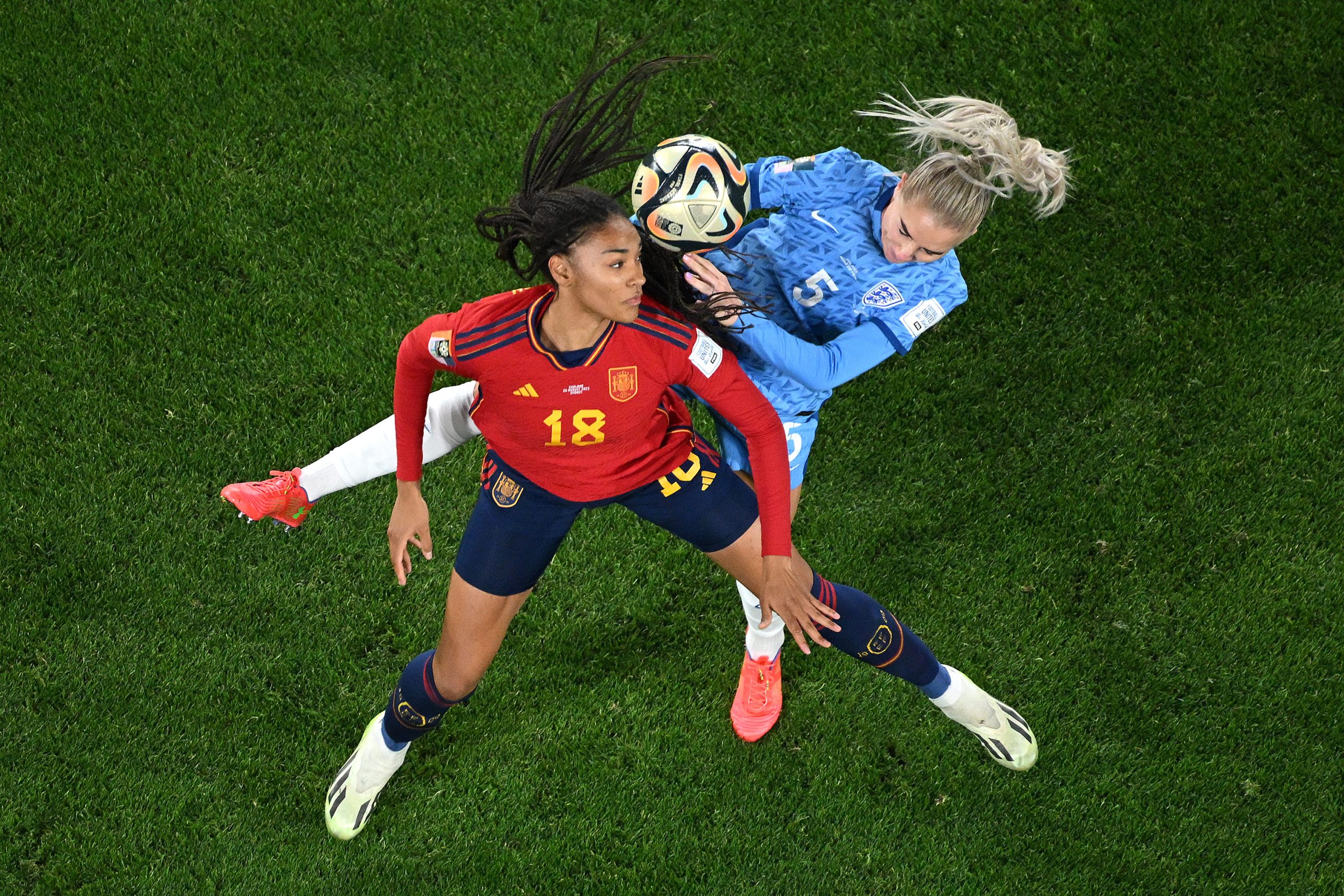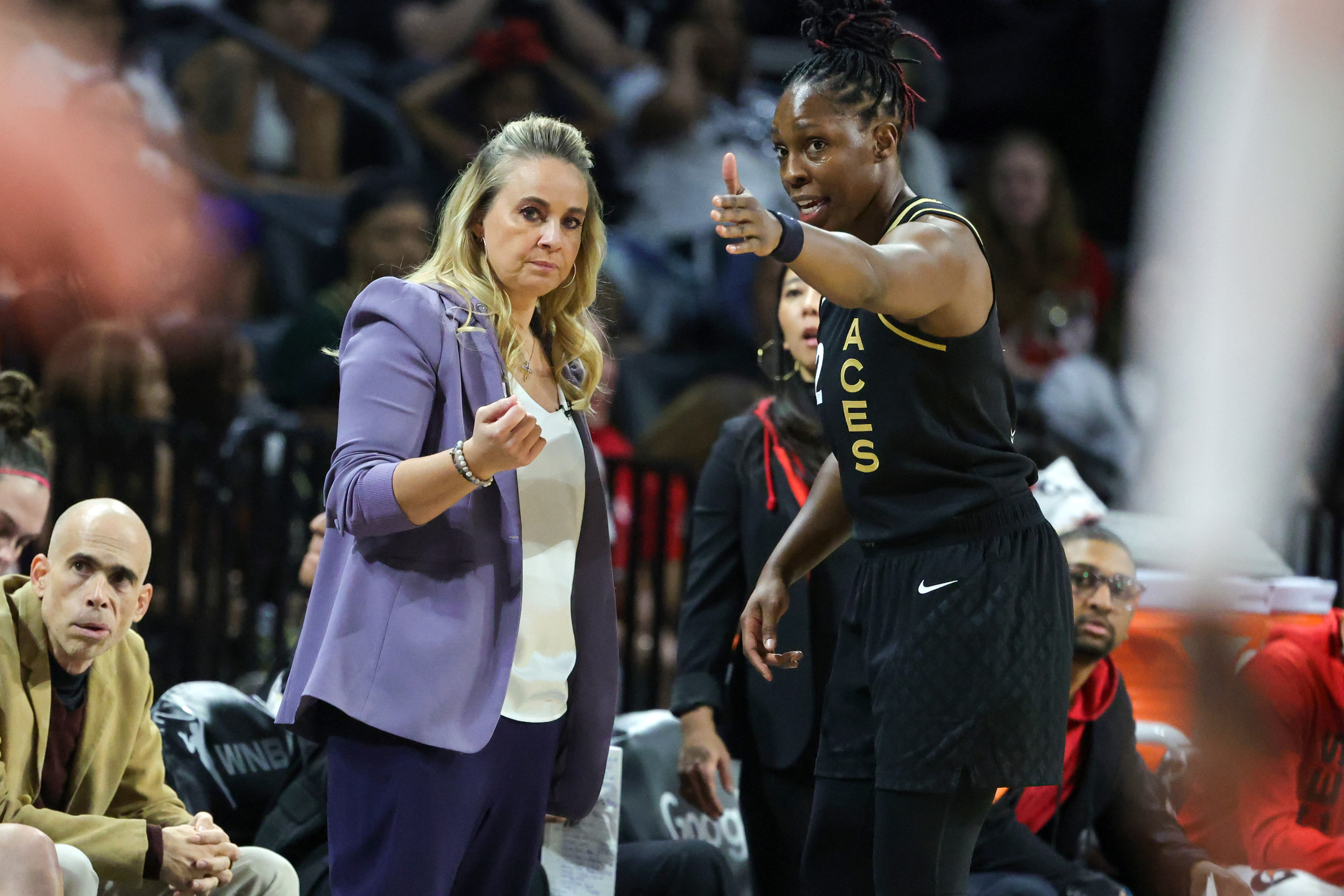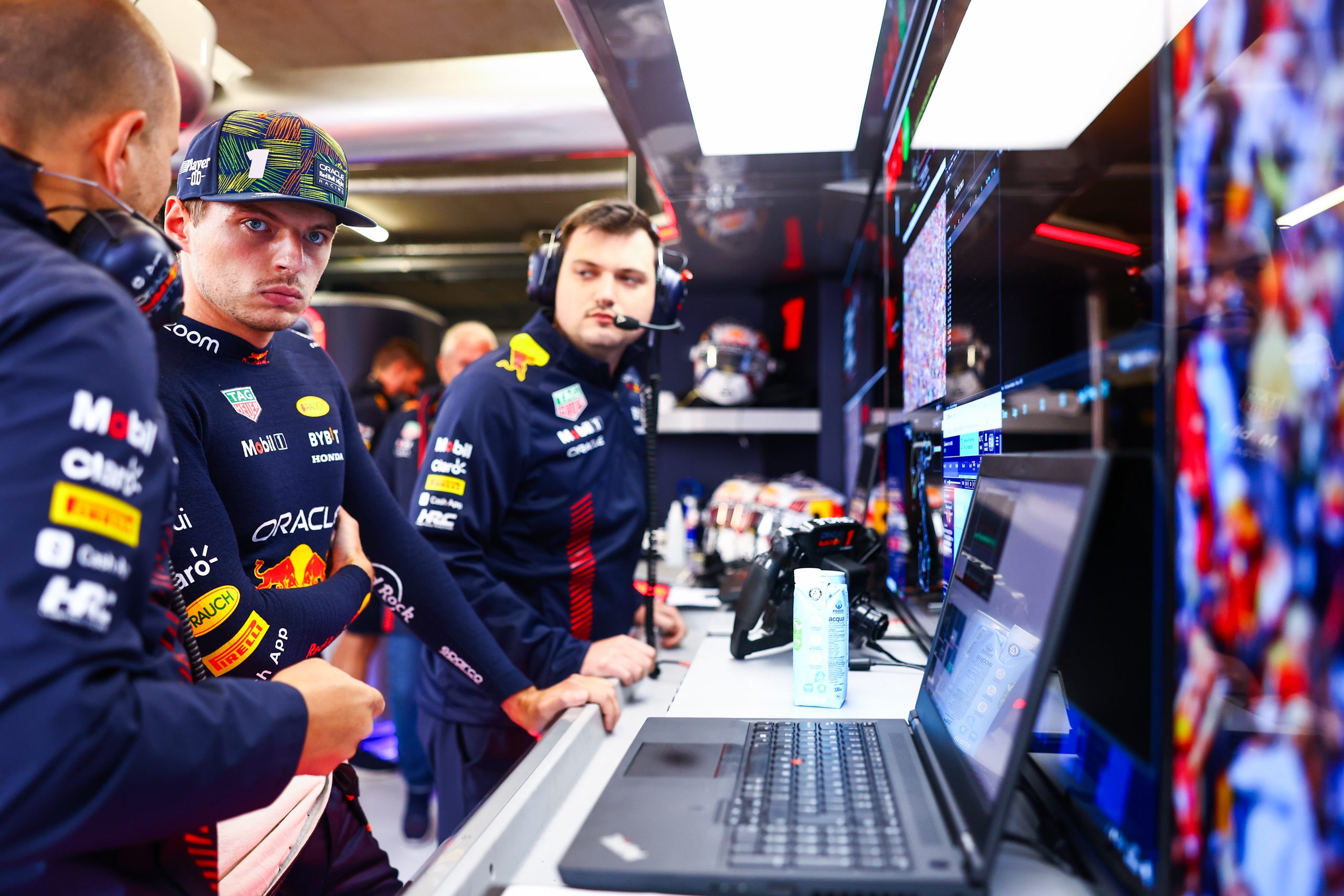ORGANISATIONAL CHANGE
High performance sport is a landscape that naturally experiences a lot of change, especially with the currency of the industry being centred around winning and performing when it matters most. Those that do it well are able to galvanise a group of people behind a common goal, communicate the changes clearly and implement key indicators as part of the journey.
What will be discussed at the Summit?
To bring this theme to life, we will be exploring the case study of England Cricket with Managing Director of Cricket, Rob Key and Mo Bobat, the organisation’s Performance Director. The cultural shift both on and off the pitch has created a lot of intrigue into the process that took place behind the scenes as the organisation has witnessed a shift in culture and philosophy.


PROBLEM-SOLVING
Such is the pace of high performance sport, teams and specific departments are often required to react to challenges or be proactive to consider solutions for possible opportunities or problems that may arise. Through our conversations, there is always an intrigue in the process of problem-solving and how to make it both more efficient and effective.
What will be discussed at the Summit?
To challenge our thinking on this theme, we will step into the world of design with IDEO, the world’s leading design company. Much of IDEO’s work is centred around sustaining a competitive advantage for their clients through the power of design and design thinking to solve complex problems they are facing.
SUSTAINING PERFORMANCE
Sustaining performance is something we are all striving for, but remains the hardest thing to accomplish in high performance sport. There is always an intrigue in dynasty teams or those that are able to repeat performance and success over and over again. What do they do that others don’t?
What will be discussed at the Summit?
The aim is to explore this theme from inside and outside of sport. From an outside of sport perspective, we will be leaning on an evidence base of organisations that have dominated their field of excellence for over 100 years. Secondly, we will also look at a sporting example and in particular looking at a case study of excellence from two world-leading athletes who have dominated their sport and disciplines in recent years.


COACH & PERFORMANCE STAFF WELLBEING
The focus and attention of wellbeing in high performance sport has been significant over the last five to ten years. However, the focus on the wellbeing of coaches and other high performance staff has been somewhat overshadowed. We are now at a crossroads and are beginning to see high profile stories of burnout and mental health strain on those supporting our athletes.
What will be discussed at the Summit?
The aim of this session is to provide practical insights into how we can support the sustainability of our people in what remains a high-pressure, intense industry. To do this we will be taking a look into the Australian Olympic System with the support of Matti Clements, Executive General Manager of Performance and Bill Davoren, Head of High Performance Coach Development. Matti will bring her career expertise in wellbeing, providing an organisational and philosophical lens and Bill is well placed to share specific ways in which this will be brought to life to support coaches and performance staff across the system.
THE INFLUENCE OF ARTIFICIAL INTELLIGENCE
Artificial intelligence is already here, but it is beginning to have more influence in high performance sport environments. We are seeing its impact in performance strategy, planning, decision-making, coaching and training. There is a sense of nervousness around the inclusion of AI and what it means for us working with elite level sport.
What will be discussed at the Summit?
In this session we will look to get into the detail with two people with high levels of expertise and experience in using Artificial Intelligence in our world. We will seek to explore the opportunities it presents, areas to be aware of and how to best prepare for the inevitability of it being more ingrained in our performance programmes.
